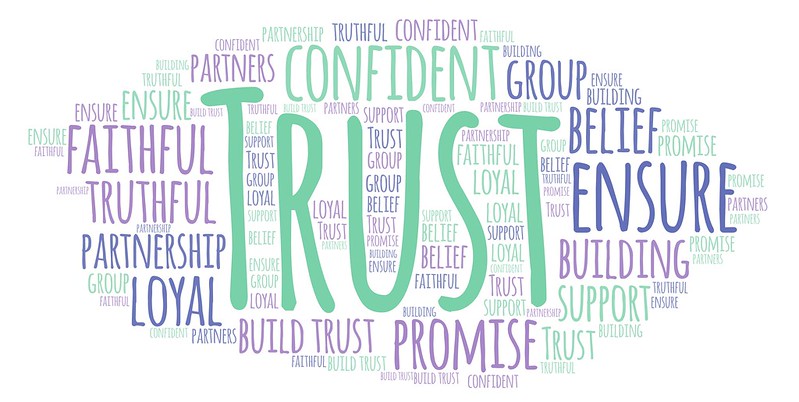A long time ago, when I was earning my degree at Lesley College (now Lesley University), I was in this amazing alternative program for working adults. It was a definite pre-cursor to what we now know as remote or online learning. We went twice a year to stay with other students in the program at a lovely place in N. Andover. There we would meet with the faculty of that program, and design the coursework we would cover over the next six months.
The first semester of that program was difficult for us “newbies.” There was no clear path to the end of the planning week. There were conversations, visits with faculty, changing your mind numerous times about study plans, and not understanding how it all worked, which could cause some stress. There were times new students would feel it would never come together. Every time we would meet with a faculty member and other students who had been in the program, they consistently told us to relax and “trust the process.” And by the end of the residency, we all did have a plan. And when we returned in six months, were now part of the chorus of trusting the process.
I frequently think about trusting the process and how it relates to social coaching kids here. The unique approach that I use to support kids in their social learning and success doesn’t include curriculum, data, benchmarks, role-play, or skill drills. It’s a process that cannot be documented in a way that shows we made it from here to there. It involves kids learning the way they learn best, by playing with other kids.
The difference is, that there is a layer of social support in the moments when it’s needed that they won’t find in the neighborhood, at the local playground, or out at recess. We intervene right at the junction of where it could end well or not. We work it out, right then and there. We insert social phrases that we know change the dynamic and encourage kids to “try saying it this way.” We show an impulsive kid how to save face or make repairs when a social mistake occurs.
I am frequently asked how long social coaching will last for a particular child. It is impossible to predict how quickly a child will be able to generalize what they are learning. I can say, that they do generalize it more quickly and effectively than if just given the knowledge and told to go off and try it without the layer of support underneath. Social learning is a fast process for some children and a years-long process for others.
I talk to parents who are skeptical of the process of playing to learn. I know that in most instances, the kids have learned the social material, but are not yet able to apply it. Certainly, social coaching may not feel as though it is the appropriate fit for your child. You know them best. But for those parents that work with me and trust the process, whether short or long-lived, I am there diligently working toward the end goal of your child’s greater social success.
I am also asked how I know when a child is “done” with social coaching. It has always come to a point where I begin thinking that the child doesn’t need a group anymore because they have become a model for the other children in the program. At the very same time that I am thinking that the child also vocalizes that they don’t need to come anymore because they would rather be with their friends.
There are kids who stay longer than they need to, because this is where their friends ARE, and their parents don’t mind social group being one of their social activities in lieu of, or in addition to, sports or other clubs. There are teens who have benefitted from the program for several years who are now junior coaches, and it always humbles and amazes me when I watch my words come through them in a coaching situation. The process does work if you trust it
Image courtesy of http://www.epictop10.com/









Leave a Reply